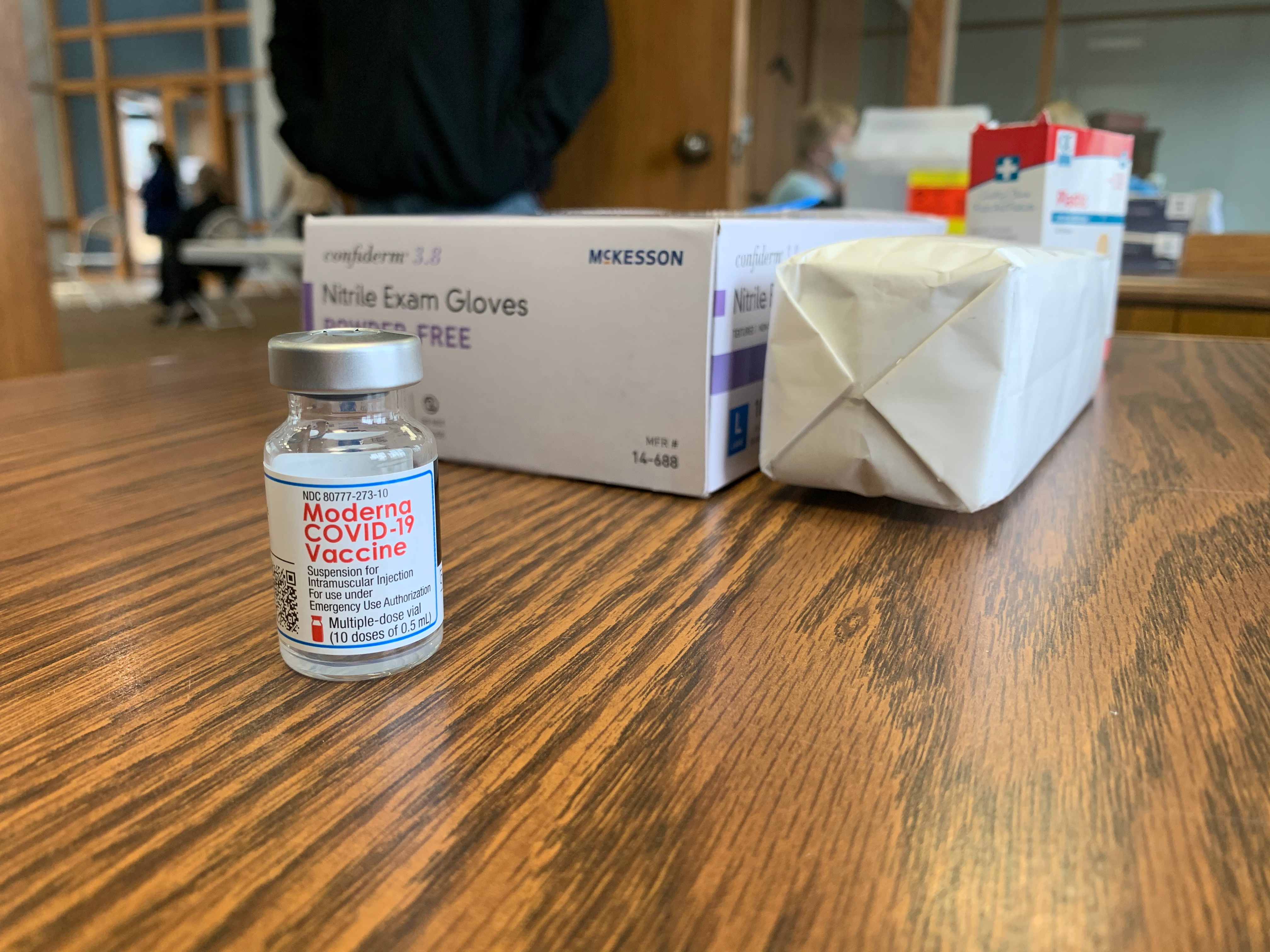CDC recommends third vaccine dose for immunocompromised
Published 6:44 pm Monday, August 16, 2021

- (Daily News file photo)
|
Getting your Trinity Audio player ready...
|
The CDC’s Advisory Committee on Immunization Practices is recommending that certain immunocompromised people receive an additional dose of the Pfizer or Moderna COVID-19 vaccine.
The North Carolina Department of Health and Human Services announced Monday evening that immunocompromised North Carolinians can now receive that third dose; that announcement came several hours after the Beaufort County Health Department announced that it was awaiting further guidance from the state before moving forward with the extra doses.
“Third doses will be given by appointment, and we ask that you bring the CDC card of proof of vaccination and an ID,” the health department said in a Facebook post. “BCHD recommends discussing with your primary healthcare provider before getting a third dose.”
“Emerging data suggest some people with moderately to severely compromised immune systems do not always build the same level of immunity compared to people who are not immunocompromised,” a CDC press release reads. “In addition, in small studies, fully vaccinated immunocompromised people have accounted for a large proportion of hospitalized breakthrough cases (40-44%). Immunocompromised people who are infected with SARS CoV-2 are also more likely to transmit the virus to household contacts.”
On Monday, county officials reported that 52 new COVID-19 cases had been recorded among Beaufort County residents since Friday. The county’s seven-day average case rate is now 20.4.
According to health department data, 90% of the positive COVID-19 cases recorded in Beaufort County from June 1 to Aug. 16 were unvaccinated individuals.
The health department listed many conditions and treatments that could cause someone to be immunocompromised. Those include active treatment for solid tumor and hematologic malignancies; receipt of solid-organ transplant and taking immunosuppressive therapy; receipt of CAR-T-cell or hematopoietic stem cell transplant (within two years of transplantation or taking immunosuppression therapy); moderate or severe primary immunodeficiency (such as DiGeorge syndrome, Wiskott-Aldrich syndrome); advanced or untreated HIV infection; active treatment with high-dose corticosteroids (at least 20mg prednisone or equivalent per day), alkylating agents, antimetabolites, transplant-related immunosuppressive drugs, cancer chemotherapeutic agents classified as severely immunosuppressive, tumor-necrosis (TNF) blockers, and other biologic agents that are immunosuppressive or immunomodulatory.





